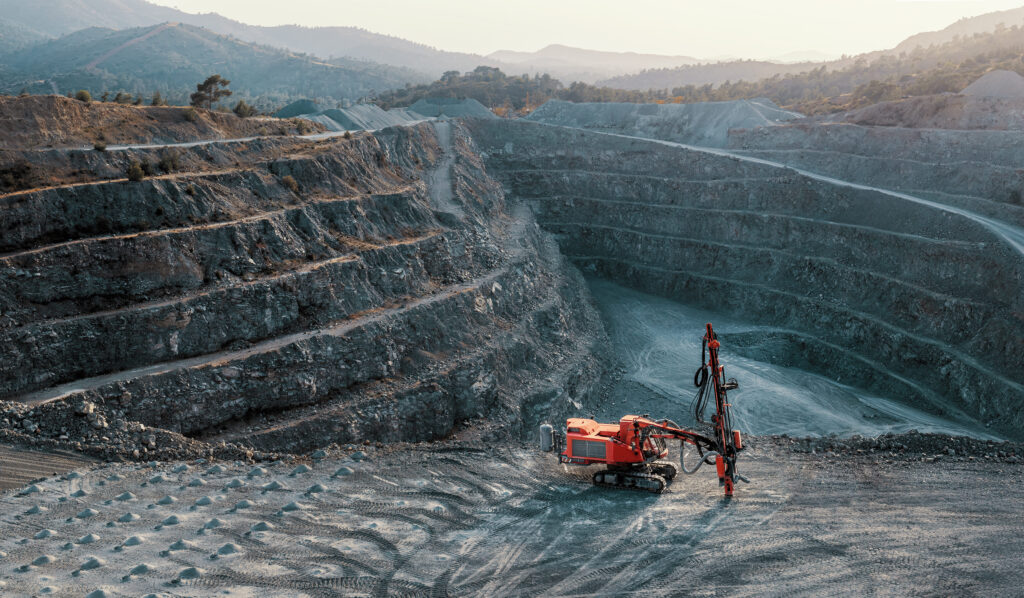Mining Permits: A Double-Edged Sword Shaping Economic Growth and Environmental Futures
Mining permits play a pivotal role in determining the trajectory of resource extraction industries worldwide. They serve as gatekeepers, balancing the economic potential of mining against the social and environmental costs it often entails. While obtaining a permit may appear as a procedural step in resource development, the complexities and controversies surrounding it reveal a deeper struggle between progress and preservation. This article explores the multifaceted nature of mining permits, examining their significance, challenges, opportunities, and long-term implications for both industries and communities.What Are Mining Permits and Why Do They Matter?
Mining permits are legal authorizations granted by governments to regulate the exploration, extraction, and processing of mineral resources. They are designed to ensure that mining activities align with local laws, environmental protections, and economic priorities. Without proper permits, mining activities are considered illegal and can lead to severe penalties, project shutdowns, and reputational damage. Beyond legality, permits act as a framework for addressing critical concerns such as:- Environmental Protection: Mandating companies to conduct environmental impact assessments (EIAs).
- Community Welfare: Ensuring local populations are consulted and compensated where necessary.
- Economic Contributions: Requiring royalties and taxes to contribute to public coffers.
The Positive Side of Mining Permits
- Economic Catalyst Mining permits unlock opportunities for economic development. Large-scale mining projects often lead to significant investments, creating jobs and spurring infrastructure development in rural or underdeveloped regions. For example, countries rich in natural resources like Indonesia and Chile rely on mining to drive GDP growth.
- Improved Regulatory Oversight By requiring compliance with strict regulations, permits encourage companies to adopt best practices. This leads to better environmental management and more equitable resource sharing between industries and governments.
- Technological Innovation The permitting process often pushes companies to adopt cutting-edge technologies to meet environmental and operational standards. For example, drone surveys, remote sensing, and data-driven exploration methods have revolutionized the way companies evaluate mining sites.
- Community Development With the right policies, mining permits can translate into direct benefits for local communities. Funds from mining operations are often allocated for education, healthcare, and infrastructure projects, improving quality of life.
The Dark Side of Mining Permits
- Environmental Risks Despite stringent requirements, mining permits often fail to prevent environmental degradation. Improper implementation or weak enforcement of regulations can lead to deforestation, water contamination, and irreversible damage to ecosystems.
- Community Displacement Large mining projects frequently displace local populations. Even with compensation, communities may face loss of cultural heritage and livelihoods tied to the land. This can lead to long-term resentment and opposition.
- Corruption and Inefficiency In some regions, obtaining mining permits is marred by corruption. Companies may resort to bribing officials to fast-track approvals, undermining the regulatory system. Additionally, inefficiencies in bureaucratic processes can cause unnecessary delays, discouraging investors.
- Economic Dependence Countries heavily reliant on mining risk economic instability if global demand for resources declines. Overemphasis on resource extraction can also stifle other sectors of the economy, creating an overdependence on a volatile industry.
Mining Permits and Environmental Concerns
The environmental impact of mining is a major point of contention in permitting debates. From land degradation to greenhouse gas emissions, mining activities pose significant challenges to sustainability. Governments and organizations are increasingly incorporating sustainability metrics into the permitting process. For instance:- Restoration Plans: Companies are required to outline how they will rehabilitate mining sites post-extraction.
- Carbon Offsetting: Some permits mandate reductions in carbon emissions, incentivizing cleaner technologies.
- Water Management: Permits often include guidelines for responsible water use and protection against contamination.
Opportunities to Improve the Permitting Process
- Transparent Governance Strengthening transparency in the permitting process can reduce corruption and build public trust. Publishing all permit-related decisions and justifications ensures accountability among decision-makers.
- Inclusive Stakeholder Engagement Governments and companies must prioritize the voices of affected communities. Open forums, public consultations, and equitable compensation mechanisms can address grievances and foster collaboration.
- Technological Integration Digital platforms for permit applications and monitoring can reduce bureaucratic inefficiencies. Blockchain technology, for instance, could ensure data transparency and track compliance with permit conditions.
- Global Collaboration Harmonizing international standards for mining permits can encourage uniformity and simplify processes for multinational companies. Organizations like the International Council on Mining and Metals (ICMM) play a critical role in promoting sustainable practices globally.
A Balancing Act for the Future
The debate around mining permits encapsulates the broader challenge of balancing economic growth with environmental and social responsibility. While mining remains a cornerstone of industrial progress, the industry’s long-term viability hinges on its ability to adapt to evolving societal expectations. By improving the permitting process and aligning it with sustainable development goals, governments and companies can unlock the full potential of mining without compromising the environment or the well-being of future generations. Mining permits, though fraught with challenges, are a powerful tool to shape a responsible resource extraction industry. Whether they serve as enablers of progress or protectors of preservation depends on how they are implemented and enforced.Still confused about Mining Permits?
Click the tombol on the right to Ask the Documenta Team











